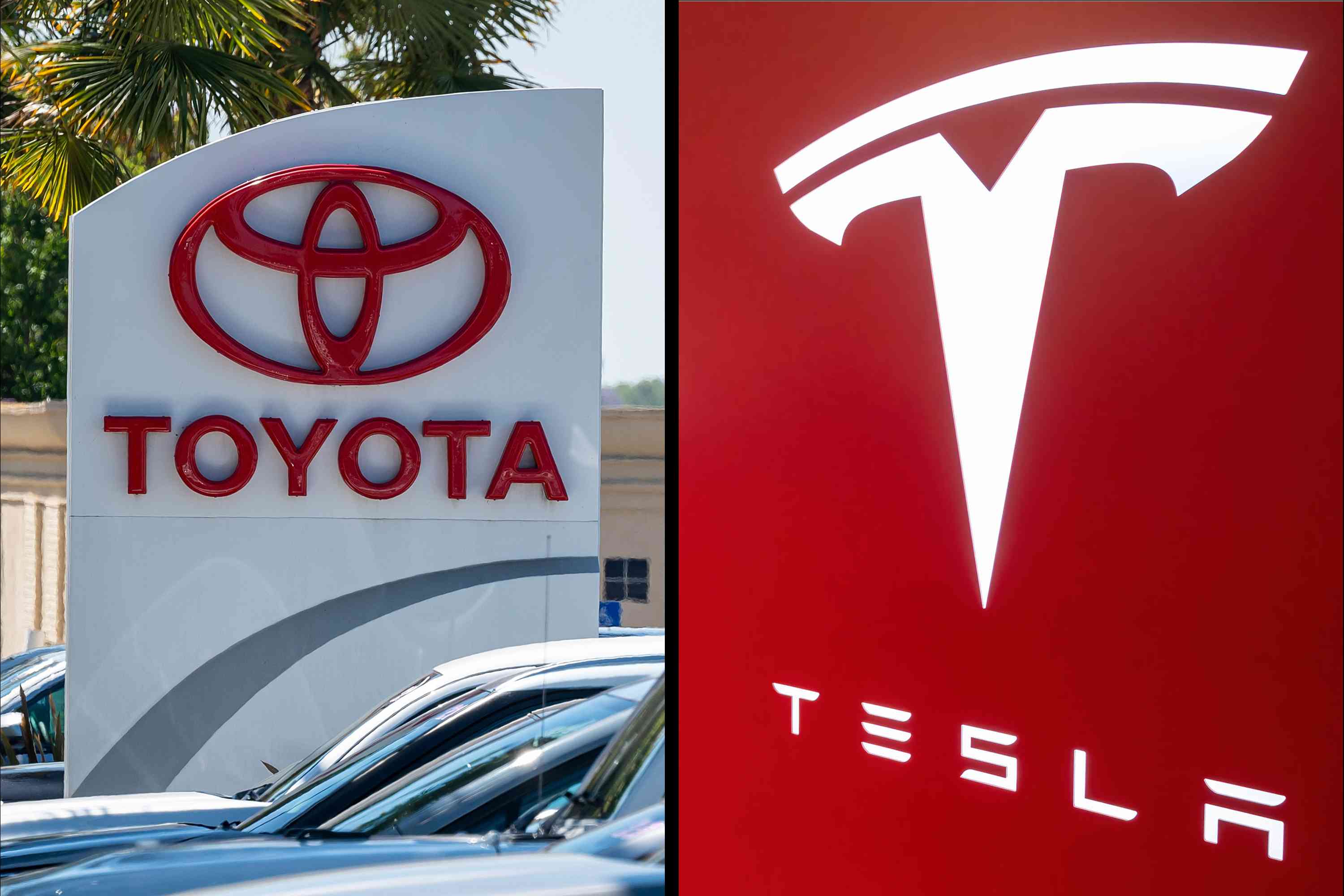
Key Takeaways
- Toyota and its Chinese state-owned joint venture partner Guangzhou Automobile Group expect to release an electric vehicle (EV) capable of autonomous driving in China next year.
- The move comes after Tesla recently won tentative approval to launch its Full Self-Driving (FSD) system in the country.
- Tesla is reportedly targeting a launch of its FSD system in China later this year.
Toyota Motor ( TM ) and its Chinese state-owned joint venture (JV) partner Guangzhou Automobile Group (GAC) reportedly expect to release an electric vehicle (EV) capable of autonomous driving in 2025, after Tesla ( TSLA ) recently won tentative approval to launch its Full Self-Driving (FSD) system in the country.
GAC Toyota said its Bozhi 3X SUV will be its first model equipped with an advanced self-driving system for navigating highways and city streets, as well as parking. The JV is designing the system with Momenta Global, which has also worked on autonomous driving software for Mercedes-Benz.
GAC Toyota also announced plans to launch an iron phosphate lithium battery between 2026 and 2027 that could help slash the production cost of its bZ4X EV by 40%.
Toyota’s Moves in China Follow Tesla’s
Toyota’s plans to launch vehicles with advanced self-driving capabilities in China come after Tesla received tentative approval in April to launch its FSD system in the country.
Tesla’s FSD system is a source of revenue for the EV maker in the U.S., with users paying a monthly fee, and expanding to China could be a boon for the company’s bottom line amid concerns about growth . Tesla is reportedly targeting a launch of its FSD system in China later this year.
However, Tesla’s FSD notably still requires driver attention despite its name, and U.S. regulators have opened investigations into the software and its role in accidents involving Tesla vehicles.
Toyota shares edged 0.5% higher Friday to close at $204.97, and have gained close to 12% since the start of the year. Tesla shares were little changed Friday at $197.88 and have lost over one-fifth of their value since the start of 2024.

